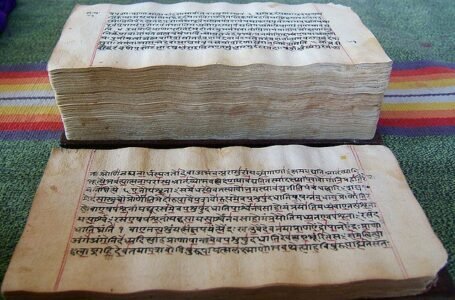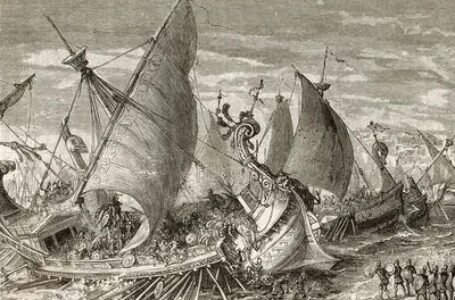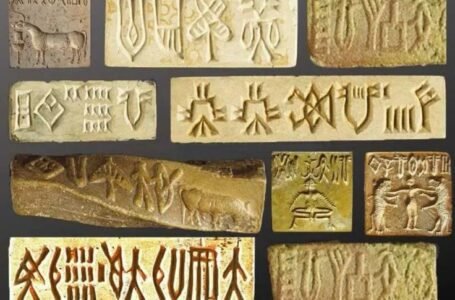Toda Tribe of Nilgiris: Unique Traditions and Challenges in Southern India
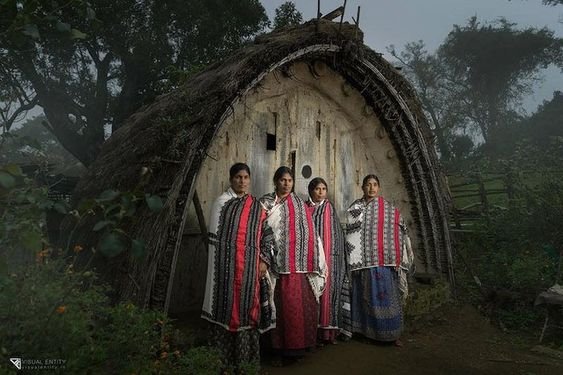
In between the mist-covered peaks of the Nilgiri hills in the southern India lives the Toda tribes, this is a pastoral community with a rich cultural heritage and a language as unique as their way of life. With their population numbering only around 800 in the early 1960s, the Toda’s have seen a remarkable resurgence, propelled by advancements in healthcare. However, amidst this demographic shift, they remain steadfast guardians of their age-old traditions and customs. What adds an intriguing layer to their cultural tapestry is their language, although it belongs to the Dravidian linguistic stock, it stands out as the deviation with this esteemed lineage. This linguistic peculiarity reflects the distinctive essence of the Toba tribe, it even mirrors their unparallel connection to the land and their ancient roots.

The Toda tribe have been the custodians of a vanishing way of life, they have managed to capture the imagination od scholars, anthropologists and even visitors. They share an intimate relation with the nature and the natural world, which is manifested through pastoralism and dairy farming, it also reflects a harmonious coexistence with their environment, they share a bond that has been forged over centuries amidst the rolling hills and verdant valleys of the Nilgiri hills.
Despite the encroachment of modernity, the Toda tribe has been persistent in preserving their cultural identity. Their traditional settlements are characterized by unique barrel-vaulted houses as “dogles”, this stands as monuments to their enduring legacy. Intricate rituals, vibrant attire and melodic chants further illustrates the depth of Toda culture. From the rhythmic beats of their traditional music to the graceful movements of their dances, each aspect of their heritage is an example of their resilience and continuity.
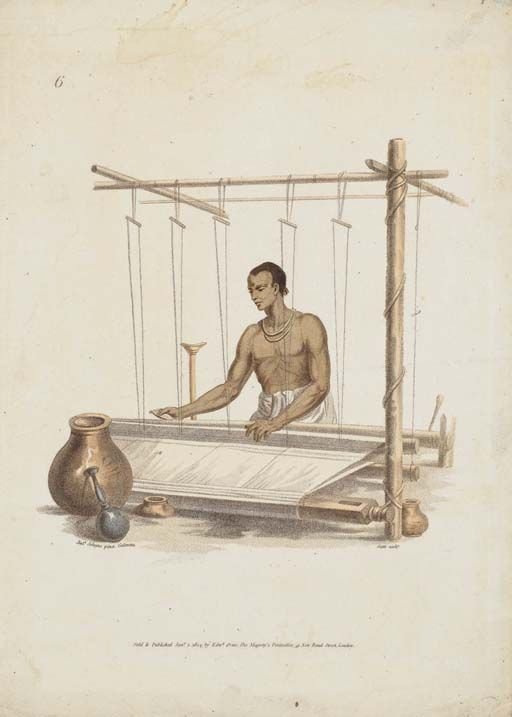
Nature is a central part of their culture. Each settlement comprises three to seven small thatched houses which are delicately positioned between the pasturelands. These houses are constructed on a sturdy wooden framework, boasts roofs shaped like half barrels, it is a unique architectural feature that distinguishes Toda dwellings.
Their reliance on the dairy products is a cornerstone to their economy and culture. They engage in symbiotic relationship with the neighbouring communities, bartering daily goods along with crafted cane and bamboo articles. In return to this, they receive essential commodities such as Badaga grain and cloth, as well as Kota tools and pottery. This exchange does not just foster economic ties but also strengthen social bonds among the diverse Nilgiri peoples.
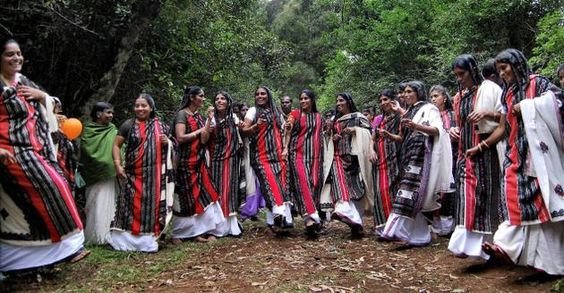
Their spiritual world revolves around the sacred buffalo, it is an emblem of divine significance in their religious beliefs, their rituals imbue every aspect of dairy activity, it goes from milking and salting the herds to churning butter and migrating to new pastures when the season changes, their religious ceremonies are said to extend beyond daily practices to encompass significant life events, this includes the ordination of dairymen-priest and the reconstruction of dairies. Additionally, even in the times of mourning, their intricate funeral rituals punctuate the community’s collective consciousness, this serves as a pivotal moment of social interaction.
When these sacred rites take place, the Toda people gather to compose and chant poetic songs, they intricately weaving allegories of the buffalo cult into their lyrical expressions. Kurumba jungle dwellers, they are known for their musical prowess as they play a crucial role in Toda funeral ceremonies as they provide both musical accompaniment and supplying forest product integral to their rituals. Thus, their way of life is a tapestry of interwoven customs and beliefs, buffalo’s reigns as the supreme symbol of spiritual reverence.
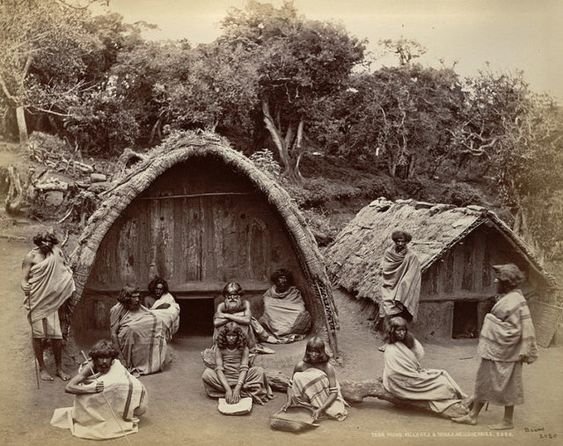
One of the notable aspects of the Toda marital customs is the Polyandry. This custom reflects the social dynamics within their community. In their community, it is not uncommon for several men or brothers to collectively share one bride. It is a practice that underscores the communal nature of the Toda society. In this supremely unique arrangement, the bonds between the brothers extend beyond familial ties to encompass shared responsibilities and familial duties. When a Toda woman conceives, the ceremonial presentation of a toy, bow and arrow by one of her husband’s symbolizes his acknowledgment as the social father of her children. This is a ritualistic declaration of paternity within the polyandrous union.
However, this ritual faced mounting challenges in the modern era. Encroachments upon Toda pasturelands, which are driven by agricultural expansions and reforestation efforts, threaten the very fabric of Toda culture. As these lands diminish, so too do the once abundant buffalo herds, these herds hold a paramount importance in Toda religious and economic spheres. Since the decline of the buffalo population, the livelihoods of the Toda have been jeopardized but along with that it has also eroded the spiritual foundations upon which their society was built.
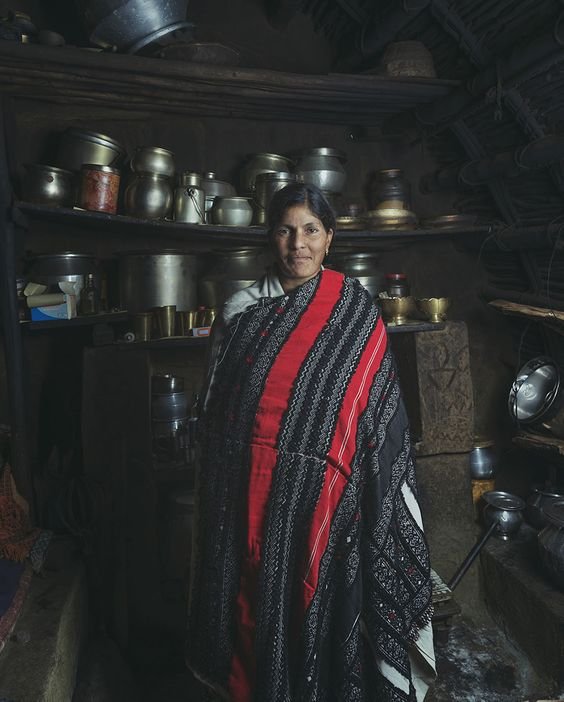
In the middle of al these pressures, a few sections of the community have embraced Christianity, this marked a significant departure from their traditional religious practices. This conversion gained momentum in the 20th century, it represents a profound and significant shift in the cultural identity and belief systems among the subset of the Toda population. While the reasons behind these conversions vary ranging from external influences to internal strife, the impact on the Toda community marks a huge shift from the age-old customs and traditions.
However, this does not mean that the community has given up. Despite these challenges and transformations, the resilience of the Toda cultures endures, anchored by a deep-seated connection to their land and heritage, be it navigating the complexities of polyandrous relationships or confronting the encroachment of external forces. These people strive to preserve their identity and their way of life amidst the shifting tides of modernity.

This tribe exemplifies the intricate interplay between tradition and change, resilience and adaptation. From their unique marital customs, to their reverence for the buffalos, their traditions and their way of life is the tapestry of cultural richness and spiritual growth. However, nothing comes easy and just like that, this heritage has faced challenges in the modern era, as encroachments upon their pastoral lands threaten the very foundation of Toda culture. Despite these obstacles, the Toda people persevere, they draw strength from their collective history and unwavering connection to the nature. They remain the guardians of their traditions and their fight to preserve it remains a testament to the enduring power of culture and community. As they forge a path forward, the Toda tribe stands as a beacon of hope in this ever-changing world, it reminds us of the importance of preserving our cultural heritage while embracing the opportunities of tomorrow.
